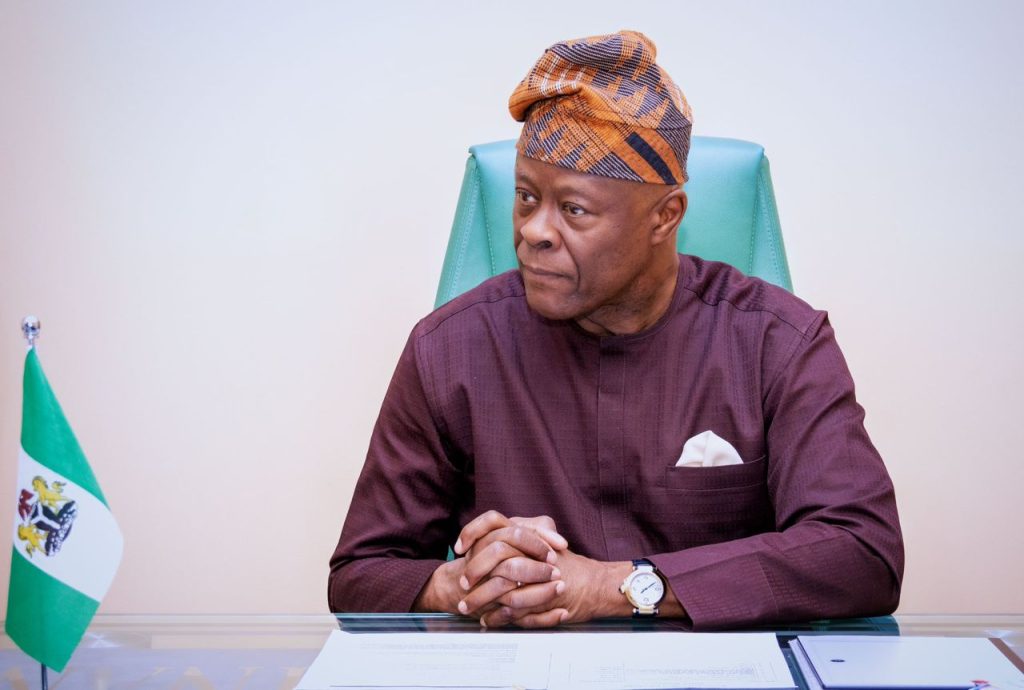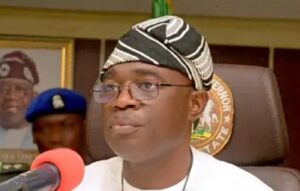The Nigerian government says it still needs to borrow money to fund its budget, even though several agencies are generating more revenue than expected. This announcement came from Wale Edun, the Minister of Finance and Coordinating Minister of the Economy, during a meeting with Senate committees on the 2025-2027 Medium-Term Expenditure Framework and Fiscal Strategy Paper.
According to Edun, borrowing remains essential to bridge the budget gap, but it must be done efficiently and with Senate approval to ensure the funds are used effectively. Similarly, Senator Atiku Bagudu, the Minister of Budget and Economic Planning, explained that a large portion of the N35.5 trillion 2024 budget will rely on borrowing to cover the N9.7 trillion deficit.
Some government agencies believe the country can avoid borrowing by improving revenue collection. The Economic and Financial Crimes Commission (EFCC) Chairman, Ola Olukoyede, said the commission recovered over N197 billion in 2024. He added that with strict measures and proper collection of oil revenues, Nigeria could fund its budget without external loans.
Bashir Adeniyi, Comptroller General of the Nigeria Customs Service, reported that Customs generated N5.352 trillion in revenue this year, exceeding its N5.09 trillion target for 2024. He projected that Customs could bring in N6.3 trillion in 2025, with further increases planned for 2026 and 2027.
Despite the rising revenue, the Senate recently approved a $2.2 billion (N1.77 trillion) loan requested by President Bola Tinubu. The funds are meant to partially finance the 2024 budget deficit. However, this decision has sparked criticism from Nigerians, especially opposition groups, who argue that better revenue management could eliminate the need for additional borrowing.







